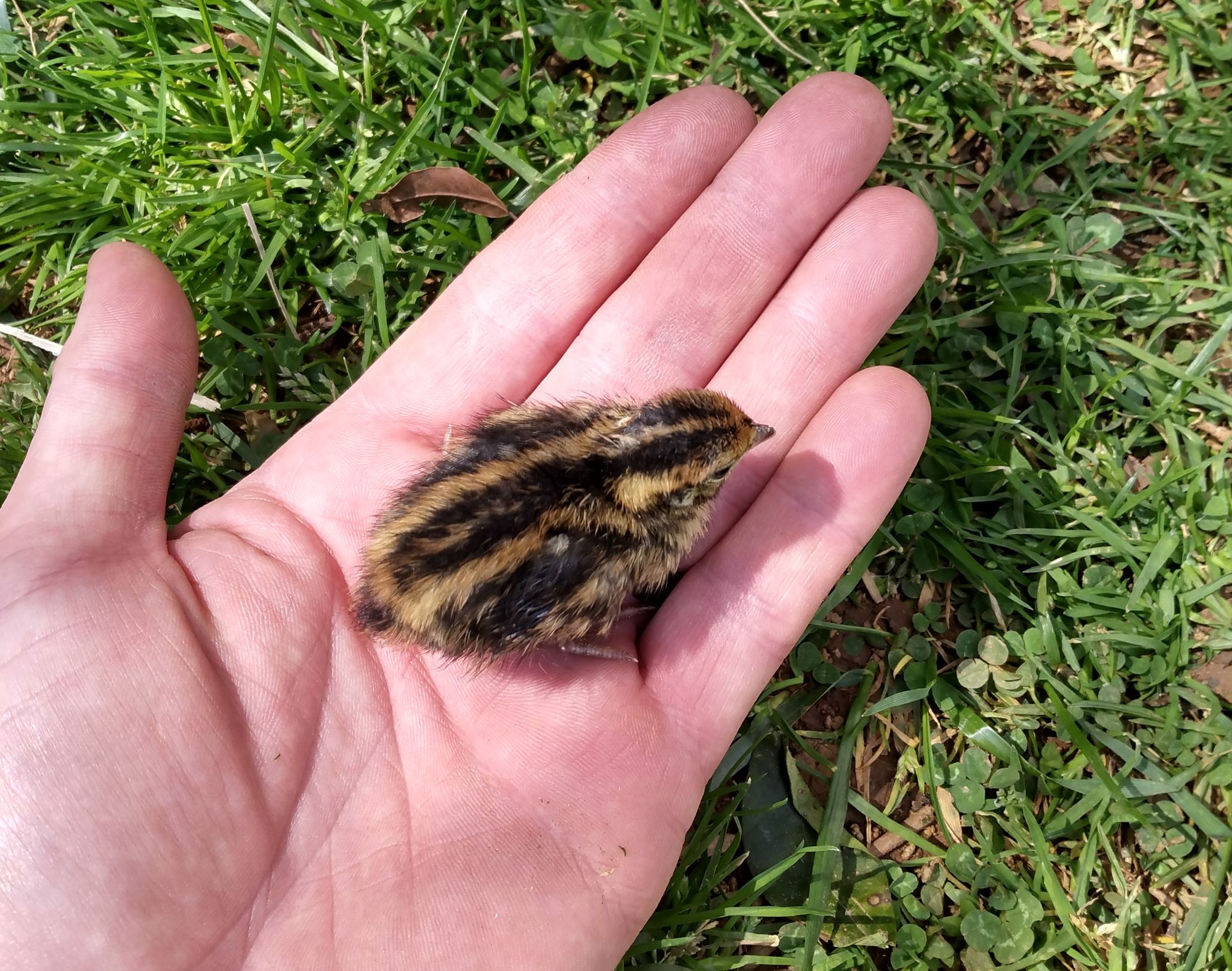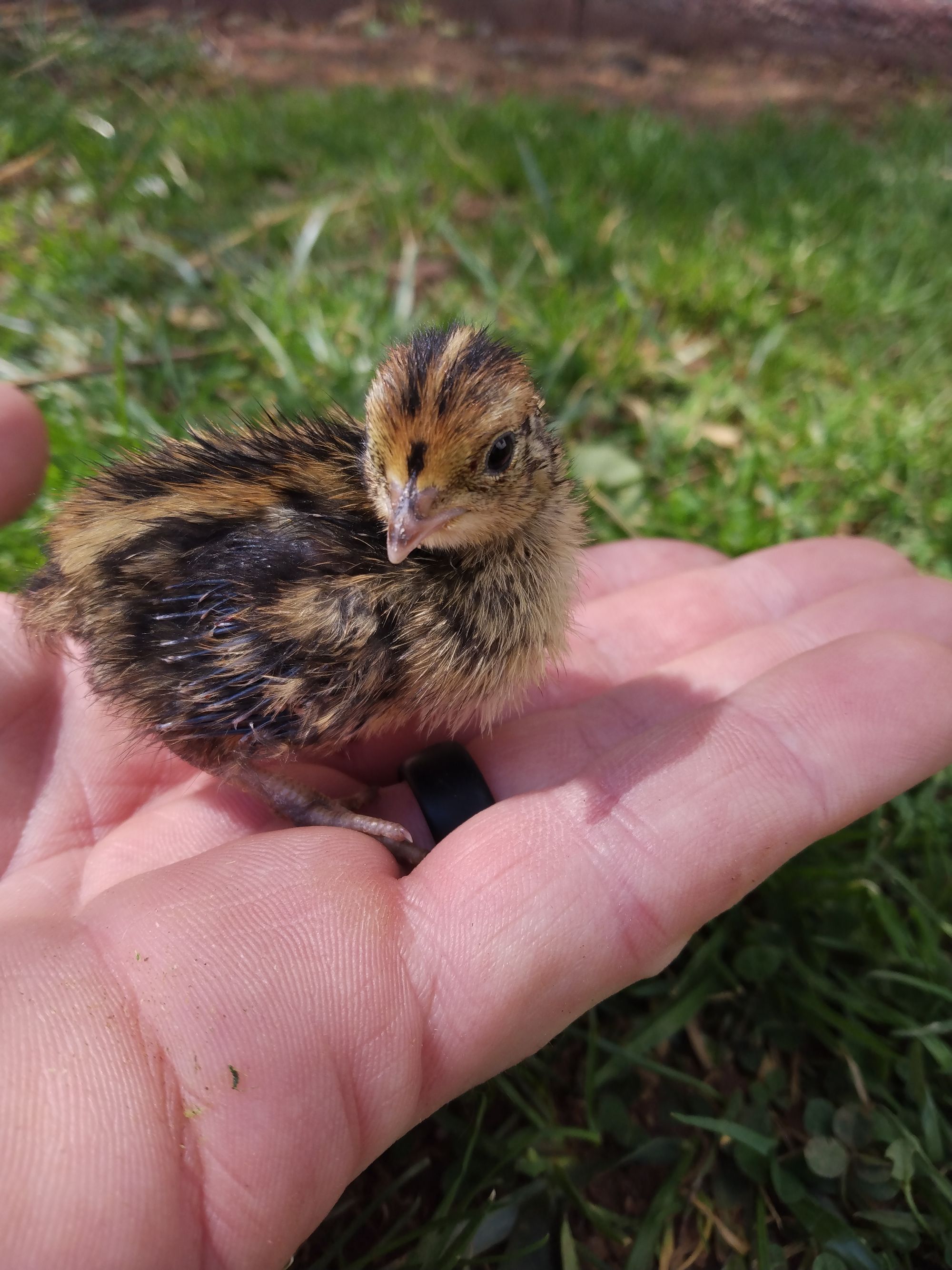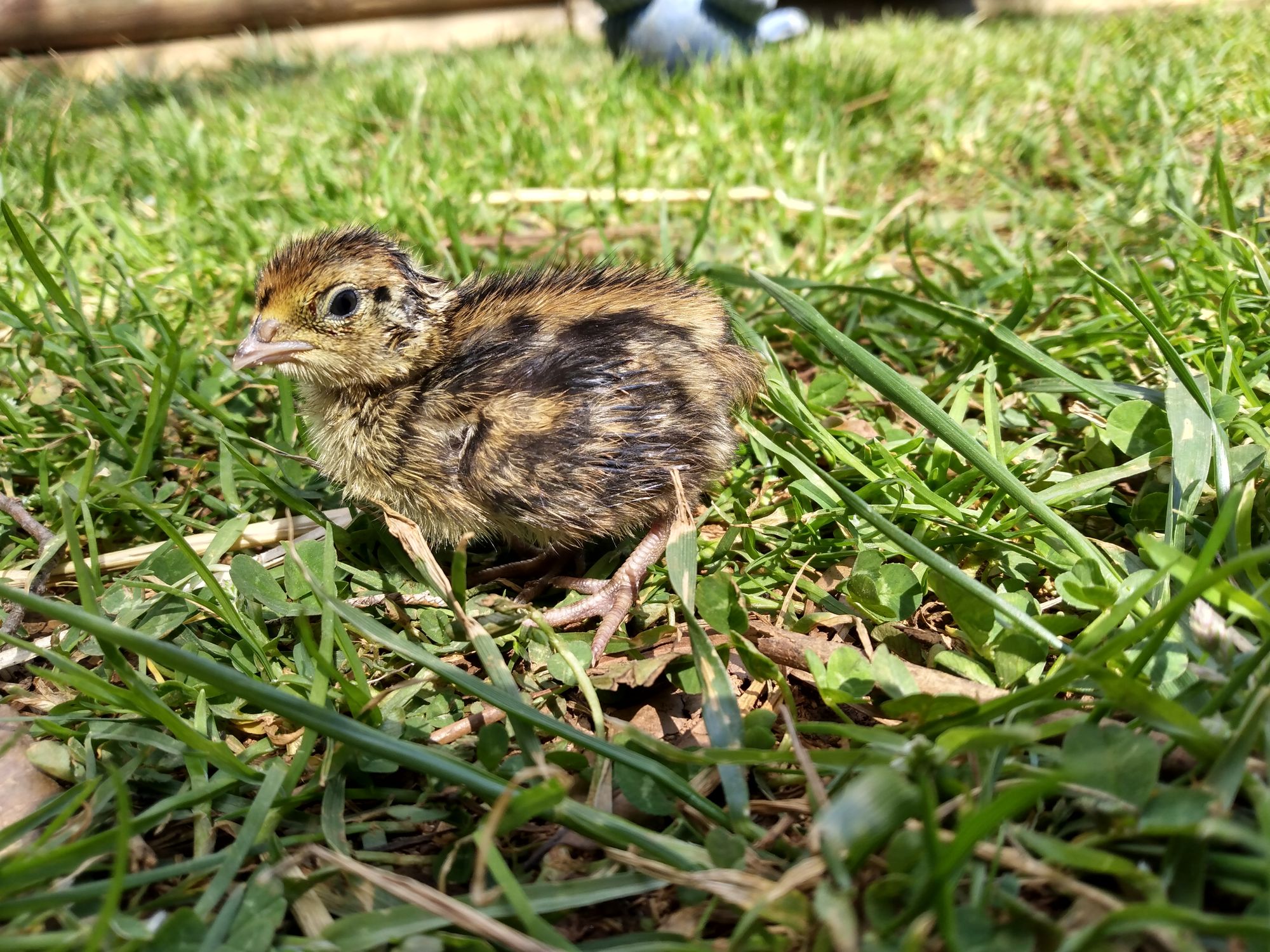The Pros and Cons of Raising Quail for Meat: Is it Right for Your Backyard Farm?

Raising quail for meat has several advantages, including their high-quality protein, fast growth, small space requirements, low maintenance, and versatility. But, like any livestock, there are some downsides to consider as well.
One of the biggest disadvantages of raising quail for meat is the initial cost. While quail are relatively small birds, setting up a quail farm requires a significant investment in equipment, such as a coop, feeders, waterers, and heating elements. Additionally, you'll need to purchase a starter flock of birds, which can be costly.




Another potential downside of raising quail for meat is the noise they produce. During the breeding season, quail can be quite loud, which can be disruptive to you and your neighbors. Additionally, quail produce a strong odor, especially if you're raising them in a small backyard. This can make spending time outdoors unpleasant, and it may be necessary to take extra precautions to mitigate the smell.
Quail also have a relatively short lifespan of just 2-3 years. This means that you'll need to replace your flock regularly, which can be time-consuming and costly. It's important to factor in the cost of buying new birds when considering the overall cost-effectiveness of raising quail for meat.

Another challenge with raising quail for meat is the difficulty in processing them. Unlike chickens or other poultry, quail are small birds, which makes them more challenging to pluck and prepare. However, there are ways to simplify the process, such as using a mechanical plucker or opting to skin the birds rather than plucking them.
Despite these potential drawbacks, raising quail for meat can be a highly rewarding experience. Quail are easy to care for, and their small size makes them a good option for those with limited space. Their meat is also highly prized in many parts of the world and is often used in gourmet dishes.

If you're considering raising quail for meat, there are several things to keep in mind. First and foremost, be aware of the initial costs and ongoing maintenance required to care for your flock. Additionally, consider the potential noise and smell issues, and be prepared to take steps to mitigate them. Finally, remember that processing quail for meat can be more challenging than processing other poultry, so be sure to do your research and invest in the right equipment to simplify the process.
In conclusion, raising quail for meat can be a highly rewarding and cost-effective way to provide high-quality protein for your family. By weighing the advantages and disadvantages of quail farming and taking steps to mitigate potential challenges, you can enjoy the many benefits of raising quail for meat while avoiding the downsides.
